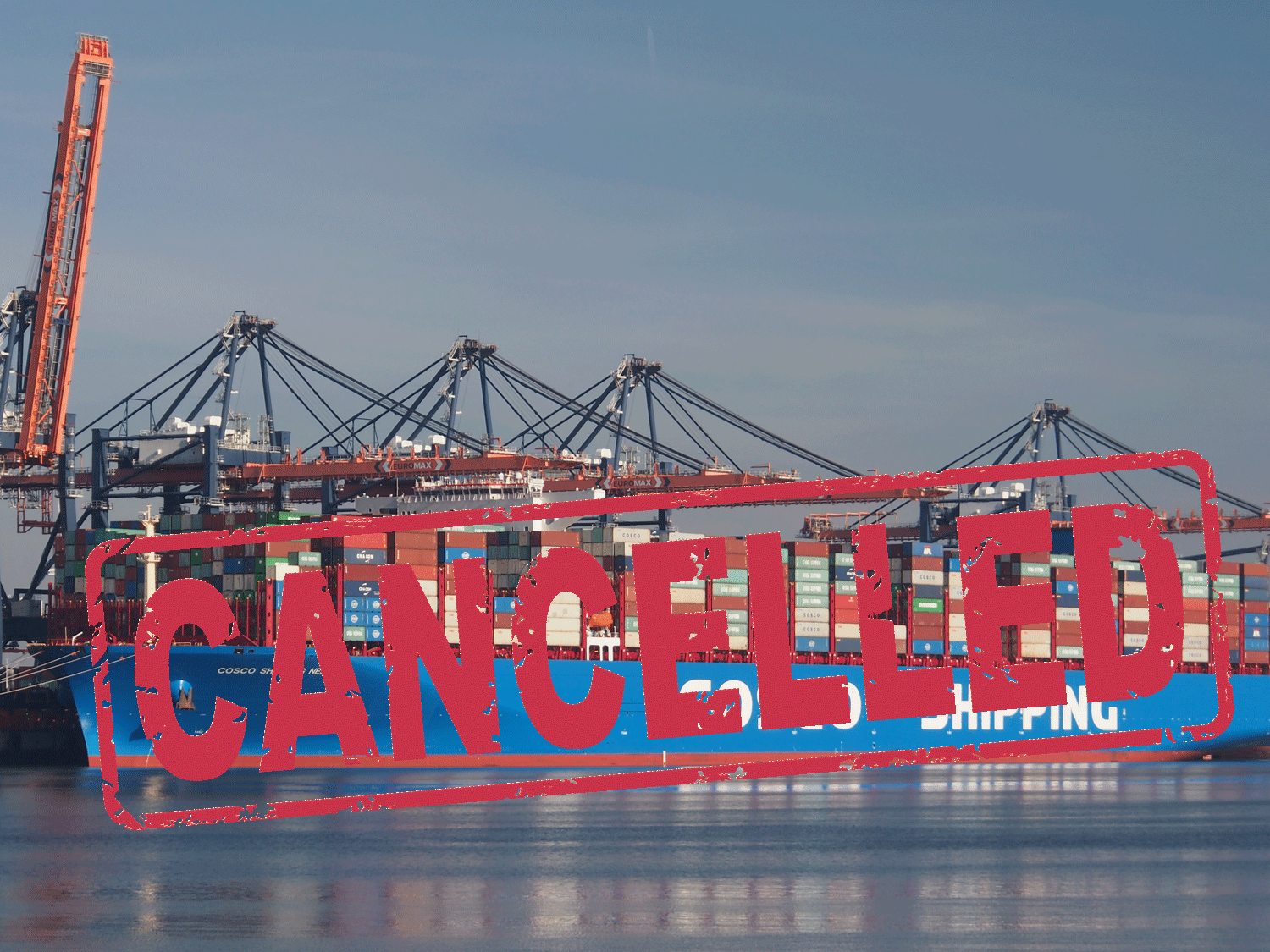While there has rightly been much focus on driver shortages and spiking fuel costs, it is a shortage of engine oil and lubricants that is currently the biggest threat to the road transport of freight.
Road transport is an inherent component in almost every freight movement and the critical collection/delivery method for logistics operations and with EVs almost non-existent in commercial fleets, the cost and availability of fuel, engine oil and lubricants is essential for vehicle availability and operation.
Quite simply trucks are the mainstay of just about every developed economy, because just about every product you consume has been delivered by a truck, in at least one and probably multiple segments of the supply chain.
Soaring petrol and diesel prices have contributed to rising haulage costs which have risen by 16% over the last three years, but it is another type of oil that may finally bring the world’s commercial vehicle fleet to a (literal) grinding halt.
When the Corona pandemic first spread, global demand for fuel for road traffic and especially paraffin for aviation collapsed, with demand for the latter falling by 82%.
In the refinery process a lot of paraffin is released and these large quantities cannot be stored so refinery capacity was reduced, which means that other refinery products, including the raw materials for producing base oil for lubricants, remain in short supply, which has led to a worldwide shortage of base oils.
In addition many crude oil producers postponed planned maintenance because of the pandemic and with many now shutting down to carry out critical maintenance activities, this has further reduced global supply.
As the global economy began to recover, oil and fuel demand skyrocketed with shortages occurring everywhere. Almost every industry has been affected, and deficits are growing of the most common engine oils and lubricants, including 15W-40 and 5W-40 heavy-duty engine oils, full synthetic passenger vehicle oil, way oil, hydraulic oils, synthetic gear oils, and EP grease.
By 2021, lubricant manufacturers began to feel the pressure as base oil, and additive supply tightened worldwide. This strain caused seven record price increases from December 2020 to October 2021 for base oils and additives, compared to an average of just two annual price increases over the previous decade. These issues continue to plague the market in 2022.
Adding further turmoil supply chain bottlenecks were exacerbated by fierce winter storms that hit the US gulf coast, which had the effect of several major additive suppliers and their raw material suppliers invoking force majeure due to these extreme weather conditions.
This impacted supply of additives and chemicals for all lubricant categories. Then last summer, a massive fire destroyed Lubrizoil’s Chemtool grease and lubricant manufacturing facility in Illinois.
Combined with increasing demand as countries (in some instances, temporarily) emerged out of lockdown, prices for both crude and vacuum gas oil (VGO, which is a mix of hydrocarbons produced during the extraction of crude oil) rose significantly, moving the price of lubricants up by a staggering 116% (140% for synthetics).
Supply is not going to increase any time soon. It is reported that suppliers are not just short supplying distributors’ orders but cancelling them altogether, often without notification. For some brands, distributors are finding that some of their suppliers are simply out of the product they need, with supply not being restored for at least six months.
But heavy engine oils and lubricants are not a discretionary purchase, they are essential for the reliable and ongoing use of light and heavy commercial vehicles and orders are being restricted to a limited allocation, with demand outpacing supply in the medium term.
There is one solution and that is not using heavy vehicles, which may well be the case in the US, as the country’s inventory levels of diesel have fallen to a 14-year low, with talk of diesel fuel rationing in some parts of the country.
Road transport cannot be avoided, as part of the international movement of goods, container movements and domestic haulage.
We work with a select number of strategically located long-term haulage partners, to give us access to the widest pool of equipment, where and when it is required
To learn more or to discuss any requirements, please contact Elliot Carlile or Simon Balfe, who leads our transport operations.





